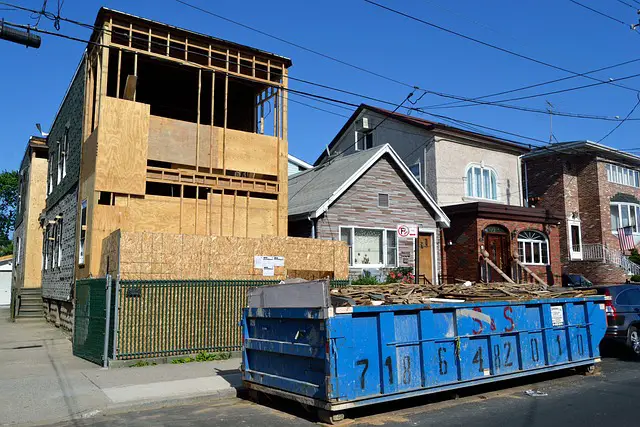Picking the right wall panels for commercial construction projects is an important choice. These panels determine the look, strength, and usefulness of a space. There are many materials and choices available so it’s crucial to think about a few things; this will make sure that you select wall panels which match up with your project’s particular demands and needs.
Material Selection
When choosing wall panels for commercial use, consider the material—options include wood, metal, fiberglass, gypsum, and composites. Each offers different benefits in durability, aesthetics, fire resistance, and soundproofing (Dhakal et al., 2015). Assessing each type’s pros and cons helps match them to a project’s specific needs.
Durability and Performance
Commercial construction places high demands on walls, as they must endure frequent usage, impacts, and environmental elements. Examine how rugged the selected wall panel material is in connection to its planned use and the amount of traffic or activity it will bear. Also ponder over features like resilience against dampness, ability to resist shocks plus stains or scratches resistance so that your wall panels can handle these tough situations.
Aesthetic Appeal and Design Flexibility
Wall panels are very important for the general appearance and design of a commercial area. It is necessary to select panels that match well with the wanted look and feel. Think about things like color, texture, finish as well as pattern choices to create an aesthetic impact you want (for instance: modern, traditional or unique). Also, evaluate how much design flexibility comes with your chosen wall panel – can it be adjusted in terms of size? Shape? Configuration? This way you make sure it meets all requirements for this project’s design.
Integration with Building Systems
In commercial building work, the panels for walls should fit smoothly with other parts and systems of a building like HVAC ducts, electrical wires or plumbing items. Think about how well these wall panels will match up to existing structure systems in your project along with how simple it is to install them and make everything work together. Wall panel systems that are prefabricated, like IMP panels (insulated metal panel) types can bring benefits because they are efficient, fast to install and also compatible with other components in the building.
Fire Resistance and Building Codes
In commercial building projects, it is very important to follow the rules and codes for construction. You should assess the fire resistance ratings of your selected wall panels. Make sure they satisfy or are better than what local building codes and regulations demand. Fire-rated wall panels provide extra protection, especially in busy or risky commercial places, this gives more assurance.
Sustainability and Environmental Impact
Think about the environment too, especially when picking wall panel materials and making methods. Look for things that are sustainable like those made from recycled items or finished with low-VOC (volatile organic compound) substances. You can also choose materials which have been certified by a third-party sustainability program to increase your green efforts further. Check the energy efficiency of these panels and how well they insulate to improve overall performance while reducing environmental effects.
Cost Considerations and Budget Constraints
In choosing wall panels for a commercial project, it is crucial to consider quality and performance. Do not overlook the significance of cost when making decisions due to budget restrictions or other financial factors. Make an assessment on overall lifecycle costs for the selected wall panels, factoring in elements like the first buying price, setup expenses, upkeep needs and lasting strength. Weigh up money concerns against wanted performance and visual qualities to find best value for your project.
Conclusion
In choosing wall panels for commercial construction, important factors include material durability, aesthetic appeal, acoustic and thermal insulation qualities, integration with other building systems, fire resistance, sustainability, and cost.
Thoughtful consideration of these elements aid architects in selecting designs that are functional and stylish. Contractors prefer robust, simple-to-install options like IMP Panels for better operational efficiency and safety. Developers gain from sustainable, cost-effective materials that minimize future maintenance.

